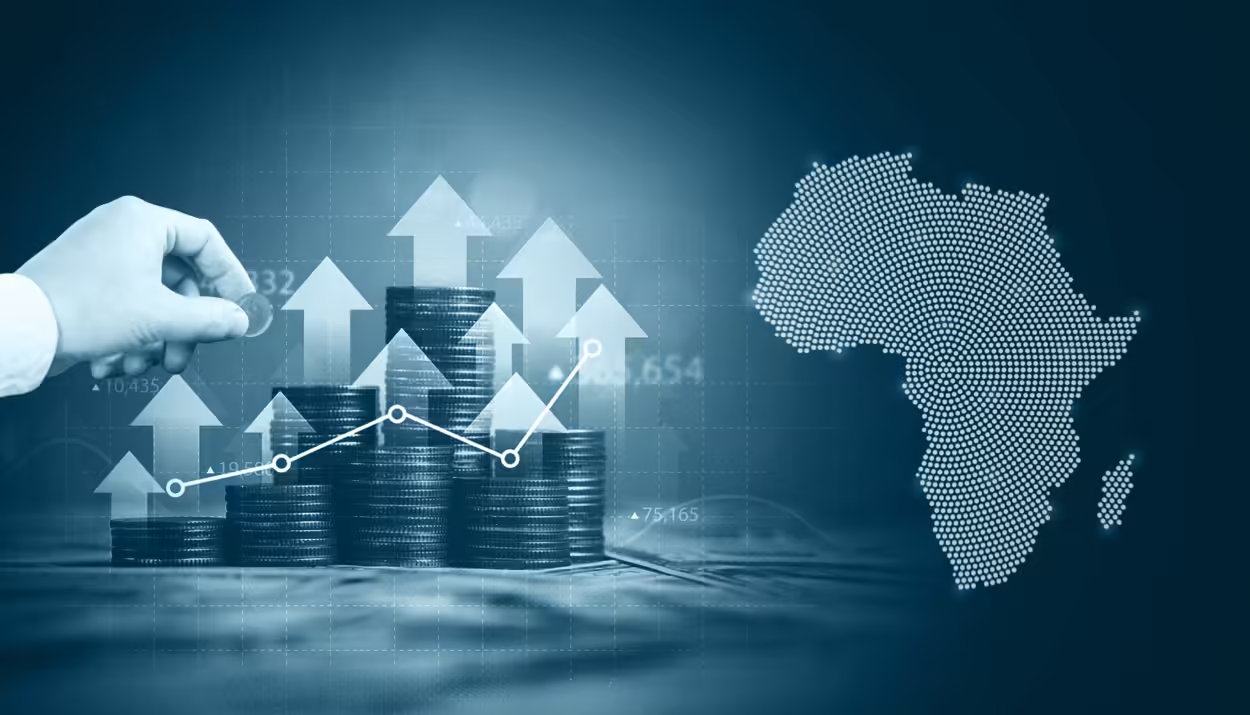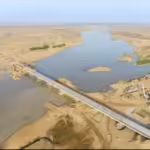Africa’s investment landscape is evolving at an unprecedented pace, presenting a wealth of opportunities across a variety of sectors. From natural resources to tech innovation, the continent is increasingly becoming a magnet for global capital. As of 2024, Africa is home to some of the fastest-growing economies in the world, driven by diversification efforts, bold infrastructure projects, and a burgeoning middle class. Whether your interests lie in renewable energy, agriculture, digital finance, or manufacturing, these top 10 economies offer unique pathways to tap into Africa’s growth story.
- Egypt – GDP: $398.39 billion
Egypt tops the list as Africa’s largest economy, underpinned by sectors like tourism, agriculture, and large-scale infrastructure. The government is channeling investments into renewable energy, including solar and wind projects, while continuing transformative projects such as the New Administrative Capital and the Suez Canal expansion. These initiatives, coupled with Egypt’s strategic geographic position as a gateway to the Middle East and Europe, make it a prime destination for investors in construction, logistics, and energy. - Nigeria – GDP: $390 billion
Africa’s second-largest economy is no longer solely defined by its oil wealth. Nigeria is emerging as a powerhouse in fintech and digital finance, with companies like Flutterwave and Paystack driving growth. The entertainment industry, particularly Nollywood, adds another dimension to its investment appeal, while agriculture remains a cornerstone of its economy. With projections placing Nigeria among the world’s top economies by 2050, this is a market with enormous potential for forward-looking investors. - South Africa – GDP: $380.90 billion
South Africa remains one of Africa’s most industrialized nations, with a diverse economy spanning mining, manufacturing, and financial services. The country is leveraging its rich mineral resources and a well-established banking sector, anchored in Johannesburg, to attract investment. Despite energy challenges, its push into renewables, combined with its thriving automotive and tourism industries, positions South Africa as a regional hub with global relevance. - Algeria – GDP: $224.10 billion
While oil and gas dominate Algeria’s economy, accounting for over 90% of exports, the government’s diversification efforts are beginning to bear fruit. Investments in agriculture, manufacturing, and renewable energy are gaining traction, while large-scale infrastructure projects, from transport networks to urban developments, offer lucrative opportunities for foreign investors. - Ethiopia – GDP: $155.84 billion
Ethiopia continues to register some of the fastest economic growth rates globally, thanks to its focus on infrastructure development. The government’s initiatives in privatizing state-owned enterprises and promoting industrial parks have attracted foreign investors, particularly in textiles and manufacturing. Agriculture remains a mainstay, with coffee and livestock leading the charge, making Ethiopia an emerging hub for agribusiness and infrastructure development. - Morocco – GDP: $147.34 billion
Morocco’s blend of economic diversity and strategic location near Europe makes it a compelling destination for investment. The country has carved out a niche in renewable energy with projects like the Noor Solar Complex, while Casablanca’s emergence as a financial hub bolsters its banking sector. Automotive manufacturing and agribusiness are thriving, supported by government policies aimed at attracting global players. - Kenya – GDP: $112.74 billion
Kenya, East Africa’s economic leader, is fast becoming a tech hub thanks to innovations like M-Pesa, which have revolutionized mobile money. With the third-largest fintech market on the continent and Nairobi’s rise as a regional startup hub, Kenya is attracting significant venture capital interest. Agriculture remains a key driver, with tea, coffee, and flowers leading exports, while growing consumer demand is spurring opportunities in retail and manufacturing. - Angola – GDP: $93.79 billion
Angola’s abundant natural resources, particularly oil, make it one of Africa’s key economies. However, its government is working hard to reduce dependence on oil, with increasing investments in agriculture, mining, and infrastructure. The potential for agribusiness is immense, as is the scope for expanding energy and transport projects. - Ivory Coast (Côte d’Ivoire) – GDP: $79.43 billion
As a global leader in cocoa and coffee production, Côte d’Ivoire’s economy is deeply rooted in agriculture. Recent political stability has accelerated investments in infrastructure and manufacturing, particularly food processing. The country’s growing services sector and government-led industrial initiatives make it a promising destination for both regional and international investors. - Tanzania – GDP: $84.03 billion
Tanzania’s rich natural resources, including gold and natural gas, are driving economic growth. The government’s focus on infrastructure, from energy to transport, is attracting investors, while tourism continues to play a significant role in the economy. Opportunities abound in agriculture and mining, alongside growing interest in renewable energy projects.
ALSO READ: 10 African countries with the most dollar millionaires






